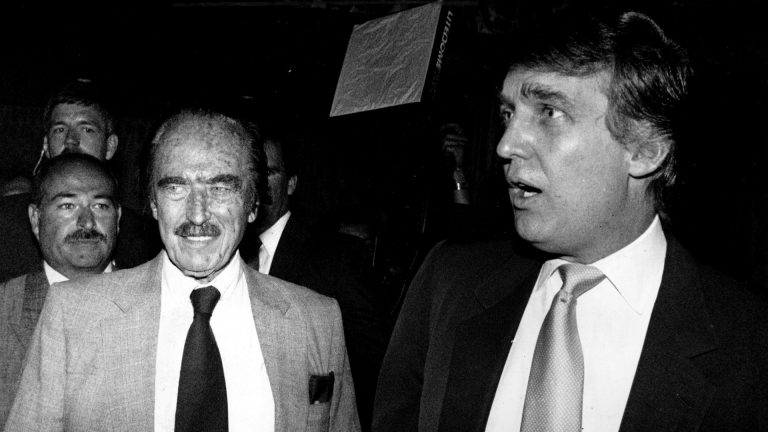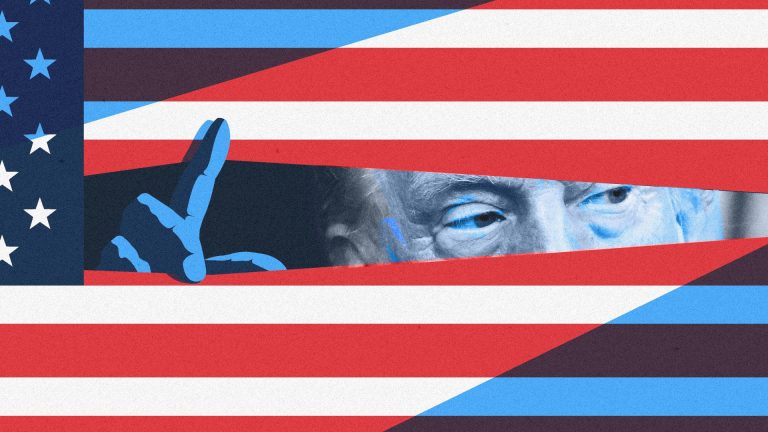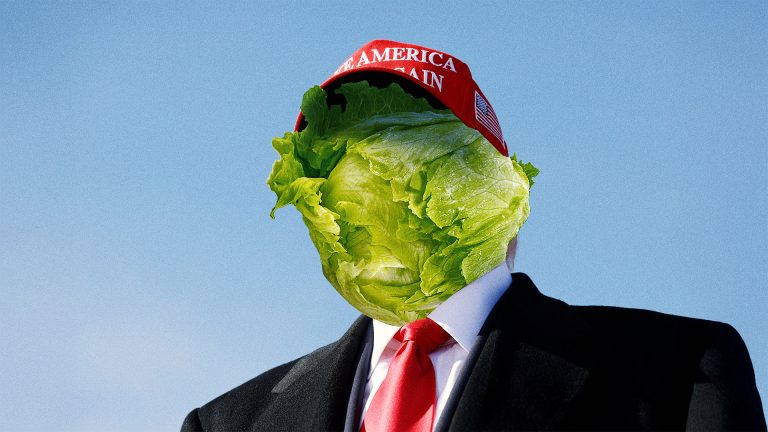While UK politics continues to absorb the aftershocks of the government announcing plans to offshore its asylum obligations to Rwanda, many within the east African country are also coming to terms with the seismic implications of the deal their government has struck with the British. Today the home secretary announced the first refugees will be deported on June 14.
At first sight, arguments in favour of the scheme appear dubious at best. As a deterrent to migrants considering the crossing, the plan has yet to make any real inroads into departures from Calais. In terms of cost, even in the early stages of the plan, the expense of relocating migrants to Rwanda appears to eclipse the financial burden of processing them within the UK, a country currently undergoing a cost of living crisis of its own. Moreover, legally, the decision is already undergoing numerous challenges, while rights groups, the UN and even the Church of England have branded the scheme unethical.
Nevertheless, the UK’s Home Office cites humanitarian grounds for proceeding, claiming the scheme will deliver a fell blow to the people traffickers’ vulnerable market, while dismissing any criticism of Rwanda as essentially born of “xenophobia.”
According to a Home Office spokesperson contacted by The New European: “The world-leading Migration and Economic Development Partnership will overhaul our broken asylum system, which is currently costing the UK taxpayer £1.5bn a year – the highest amount in two decades. ” They underscored the Home Office’s view of Rwanda as a fundamentally safe country with a track record of supporting asylum seekers, whatever the misgivings of rights organisations, such as Human Rights Watch (HRW).
Introducing the scheme, the UK government announced the initial payment to the Rwanda government of £120m, with further payments determined by need. In total, according to an estimate put together by the UK Refugee Council, that could cost the British taxpayer £1.4bn a year. This, according to a calculation undertaken by the same organisation based upon migrant arrivals to date, for the potential offshoring of less than 200 migrants a year.
There is little doubt that Rwanda has come a long way since the 1994 genocide that continues to define it in the minds of many. Since assuming power in 2000, former army leader Paul Kagame has brought stability to a country still reeling from the slaughter of hundreds of thousands of its citizens through 100 days of carnage.
According to Transparency International, corruption – while still present – appears minimal, while women enjoy prominent roles within education and politics. The economy appears healthy, the education system is amongst the top performers within the region and the brutal violence that once ripped the country apart exists, in the main, only as a painful memory.
Announcing the scheme in April, UK home secretary Priti Patel hailed the east African state as a “regional and international leader” which shared a long and proud development history with Britain. While no doubt laudable, it’s a sentiment that sits at odds with the testimony of rights groups and even the UK’s own submission to the United Nations in January of last year, which criticised Rwanda’s human rights record, media freedoms and the plight of trafficking victims held in government transit centres.
The irony of offshoring migrants to a country whose intolerance of internal criticism actually serves to produce them was not lost on Lewis Mudge, HRW’s Central Africa Director at Human Rights Watch and previously the organisation’s Rwandan researcher, before being deported in 2018. HRW, like many international NGOs, has no presence within Rwanda and no plans to establish one.
“Rwanda doesn’t really allow you the right to criticise the government, the president or the judiciary. Doing so risks arbitrary detention and possibly even torture,” he told The New European, based upon his years as a researcher there. “What’s troubling is that international legal norms aren’t really respected within Rwanda, and that’s something that should worry the United Kingdom. The UK has now said that Rwanda is a safe country to send migrants to and everytime they prove they’re not, the UK is complicit in that.”
On an individual basis, having arrived in the UK after travelling, often under horrific conditions, from states as distant as Iran, Iraq, or Albania there is little expectation migrants will have enough resources to sustain themselves on arrival some 4,000 miles distant in Rwanda. To deal with that, the UK has made arrangements to pay migrants a stipend equivalent to what they would receive in the UK, covering housing, legal access and translator fees.
While the precise value of these payments, or how they represent any kind of cost saving, is unconfirmed, some within Rwanda’s opposition parties have estimated they could fall at around £1,000 per month. According to the UK’s former international development secretary, Andrew Mitchell, the total cost per migrant, including flight, could reach as much as £30,000 per year.
“Whatever they pay the migrants, it’s going to cause tension to others in a country where the typical salary is around £400,” Dr Frank Habineza, founder and chair of the Democratic Green Party, one of the few opposition parties within Rwanda, said. “That’s not only going to disadvantage Rwandans,” who risk being priced out of their own marketplace, but also “risks inflation in the long term,” Dr Habineza said.
For Dr Habineza and others, however, opposition to the scheme goes beyond the financial. “We’re already one of the most densely populated countries in Africa,” he said, referring to the 13 million Rwandans who currently share their resources with over 100,000 refugees from Burundi, the DRC and Libya. “Rwanda covers a large land mass, but only part of it is livable. It’s these areas that, as well as providing space for people, are where the forests we rely upon for fuel, electricity and charcoal for cooking are. Gas is scarce and still very expensive,” he said.
For the UK, however, being seen to act upon migration in a febrile political environment is critical. Despite hosting only a relatively limited number of arrivals, sections of the public have been whipped into increasing levels of hysteria by a populist right-wing press and figures such as GB News host and former Brexit party leader, Nigel Farage, who regularly films himself patrolling the coast and waters off the southern coast.
“Anti-immigration sentiment remains a key focus for the far right, with the emergence of anti-migrant activists who call themselves ‘migrant hunters’ or ‘citizen journalists’, filming people arriving across the channel on boats or harassing hotel staff where they suspect migrants are being housed,” Rosie Carter, Director of Policy at HOPE not hate said. “In 2021 there were 125 protests outside hotels, hostels and other accommodation centres housing refugees and asylum seekers,” she said.
“Announcements like this are a green light for anti-migrant hate. The far right have revived interest in immigration and asylum as a tactic to mainstream their appeal, feeding on the hostile environment created by the government. In the last few years we have seen repeated explicit targeting of people who are migrants, refugees and asylum seekers, and the organisations that support them,” she told The New European.
Irrespective of its outcome within the UK, its repercussions within Rwanda could be longstanding. Gauging the national mood in a country where polls are rare and the reach of limited media is difficult. However, that the plan has some support within Rwanda is indisputable. Nevertheless, other voices, alive to Europe’s vicious legacy of colonialism in Africa, are more questioning of Britain’s intentions.
“I don’t know about colonialism, but it’s neo-colonialism for sure,” Louis Gitinywa, a lawyer and civil society activist said, recalling the bitter aftertaste of Germany and Belgium’s occupation of Rwanda, “It’s pretty clear, [Britain] doesn’t respect Rwanda as a republic or its sovereignty,” he said, “People here have been living in a volatile region for 20 years. They don’t feel secure on their own lands,” he said. Addressing the suggestion that asking Rwandans, still traumatised by the carnage of the past, to cohabit with thousands of foreign nationals because a European power had no need of them, he barely paused, “There’s an absurdity to this whole plan.”
Absurd or not, it’s already an expensive plan. For the United Kingdom, whose cost of living crisis has produced the most significant drop in the standard of living since the 1950s, that cost should be prohibitive. All the same, xenophobic rhetoric in the national press and sections of the media have succeeded in weaponising the humanity of the world’s most vulnerable to the point where, despite the outrage of rights organisations, the church and the United Nations, the UK’s government sees advantage in demonising them still further.
Many legal battles still have to be fought before any migrants can be deported, all most likely at significant cost to the UK taxpayer. As the impact of the cost of living crisis grows more severe, how any of this will help a single UK family facing financial ruin is uncertain.










